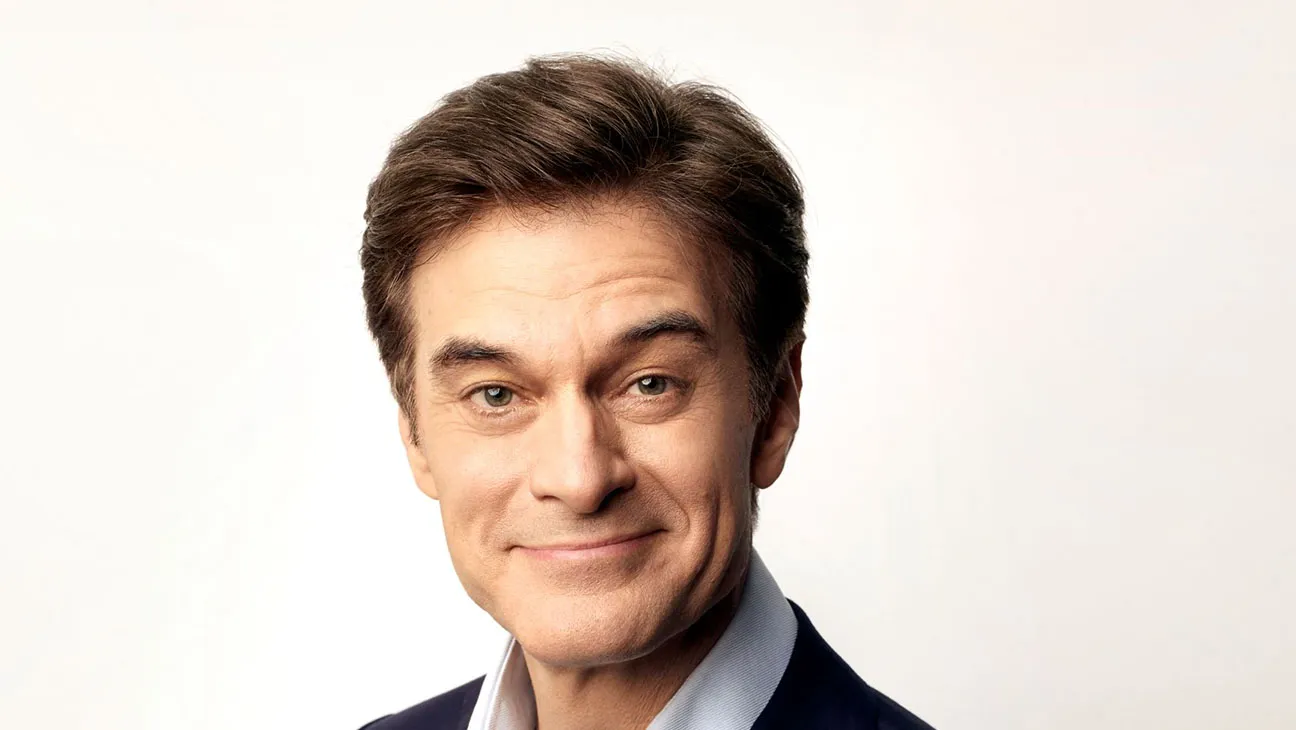President-elect Donald Trump has announced his intent to nominate Dr. Mehmet Oz, the cardiothoracic surgeon and well-known television personality, to lead the Centers for Medicare and Medicaid Services (CMS). This move marks a significant appointment within Trump’s incoming administration, emphasizing his strategy of selecting high-profile figures with unconventional backgrounds for key government positions.
Dr. Oz, widely recognized for hosting the long-running television program The Dr. Oz Show, is a seasoned medical professional with extensive experience in cardiothoracic surgery and public health advocacy. His nomination to oversee CMS—a federal agency responsible for managing Medicare, Medicaid, and the Children’s Health Insurance Program (CHIP)—places him at the helm of a system serving over 150 million Americans.
A Transition from Media to Policy Leadership
Dr. Oz’s nomination reflects a shift from his role as a health communicator to a policymaker. Over the years, he has built a reputation for making medical knowledge accessible to the general public, often addressing preventive care and wellness strategies. However, some of his endorsements of alternative treatments have drawn criticism from segments of the medical community, leading to concerns about how his approach might influence CMS policy.
Supporters of the nomination highlight Dr. Oz’s extensive medical background and his ability to connect with the public. They argue that his experience in simplifying complex medical topics could help bridge gaps in public understanding of healthcare policy. Critics, however, question whether his foray into controversial health recommendations might overshadow his professional qualifications.
Reactions to the Nomination
The announcement has sparked diverse reactions across the political and healthcare sectors. Republican allies have praised Trump’s decision as innovative, citing Dr. Oz’s unique ability to engage with diverse audiences. Senator Josh Hawley (R-Mo.) called the nomination “a bold step toward making healthcare more accessible and understandable to the American people.”
Conversely, Democratic leaders and some public health experts have expressed reservations. Representative Pramila Jayapal (D-Wash.) stated, “CMS is too critical an agency to be led by someone whose promotion of unverified treatments raises serious concerns about credibility and evidence-based policy.”
Challenges Ahead for Dr. Oz
If confirmed, Dr. Oz will face significant challenges at CMS, including the ongoing management of Medicare and Medicaid programs, rising healthcare costs, and the push for more equitable access to services. Policymakers will closely scrutinize his approach to Medicare reform, Medicaid expansion, and the integration of innovative healthcare technologies.
Additionally, Dr. Oz’s confirmation process is expected to be rigorous, with lawmakers likely to probe his stance on key healthcare issues and his previous endorsements of alternative therapies.
Trump’s Strategic Appointments
Dr. Oz’s nomination aligns with President-elect Trump’s pattern of selecting individuals with diverse professional backgrounds for critical roles. Trump’s appointments reflect a preference for leaders who can bring fresh perspectives to entrenched policy challenges.
“This nomination is emblematic of Trump’s belief in out-of-the-box leadership,” said political analyst Robert Stein. “However, whether these unconventional choices will yield effective policy outcomes remains an open question.”
Looking Ahead
The Senate’s confirmation hearings for Dr. Oz will be closely watched, with significant implications for the future direction of CMS. His nomination highlights the ongoing tension between innovative leadership and the need for traditional expertise in managing one of the nation’s most critical healthcare agencies.
As the administration prepares to take office, all eyes will be on Dr. Oz to see whether his experience and public profile can translate into effective healthcare policy for millions of Americans.
Sources
- Durango Herald: Trump nominates TV doctor Mehmet Oz to lead Centers for Medicare and Medicaid Services
- New York Times: Trump’s unconventional Cabinet picks reflect bold vision
- Healthline: Mehmet Oz’s health controversies—What to know about his nomination
- CMS.gov: Overview of the Centers for Medicare and Medicaid Services

